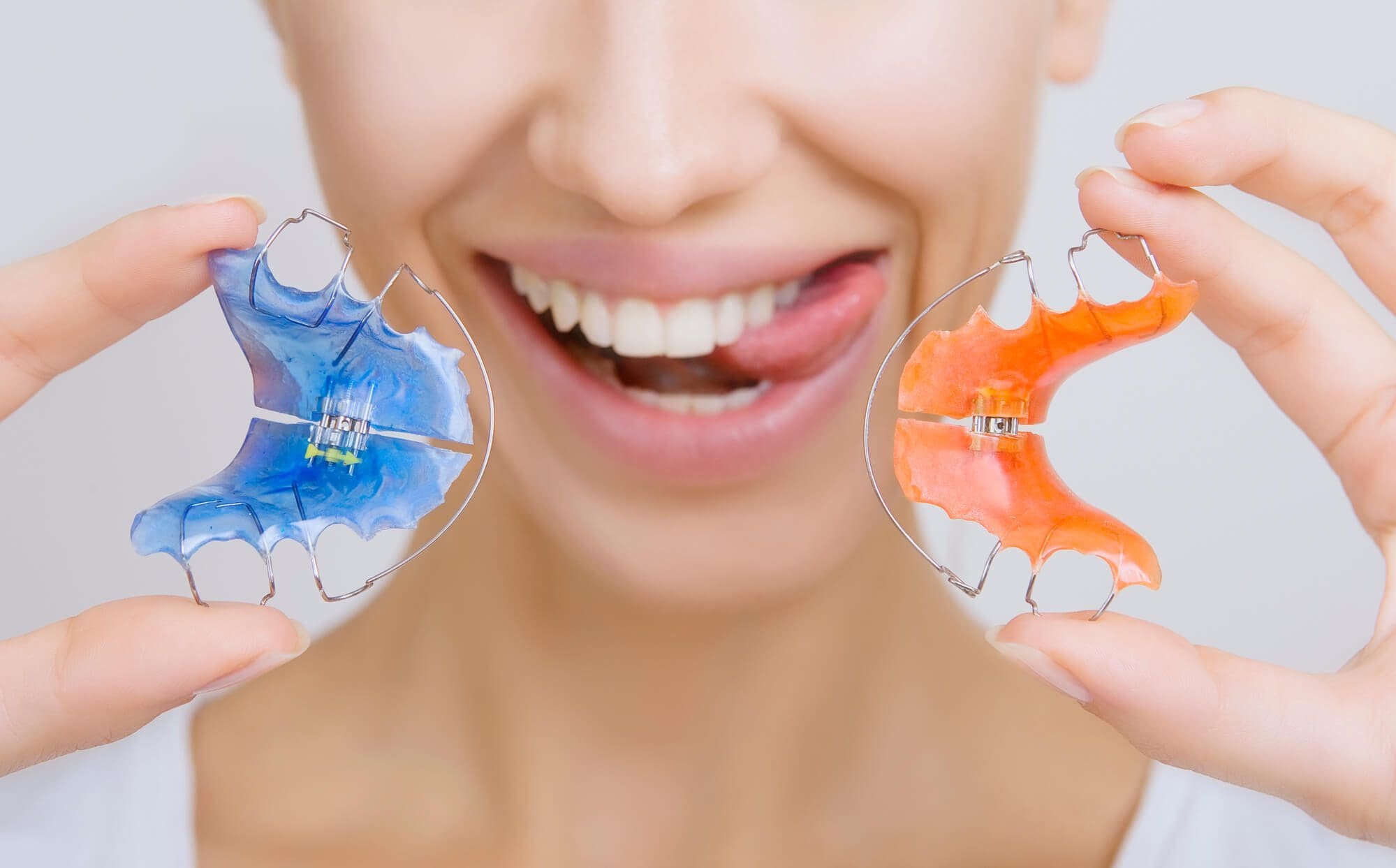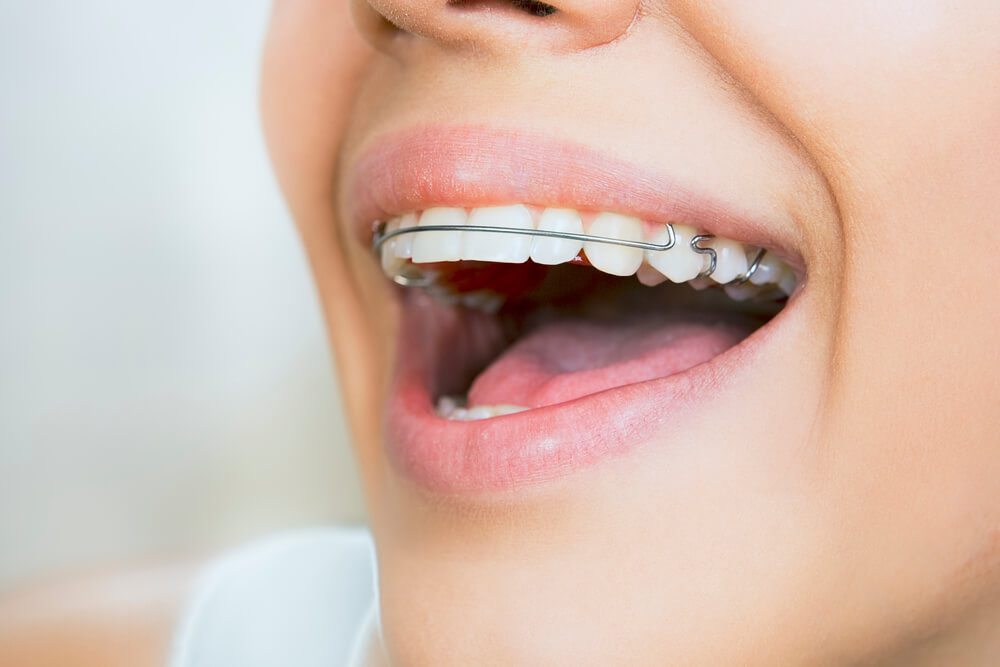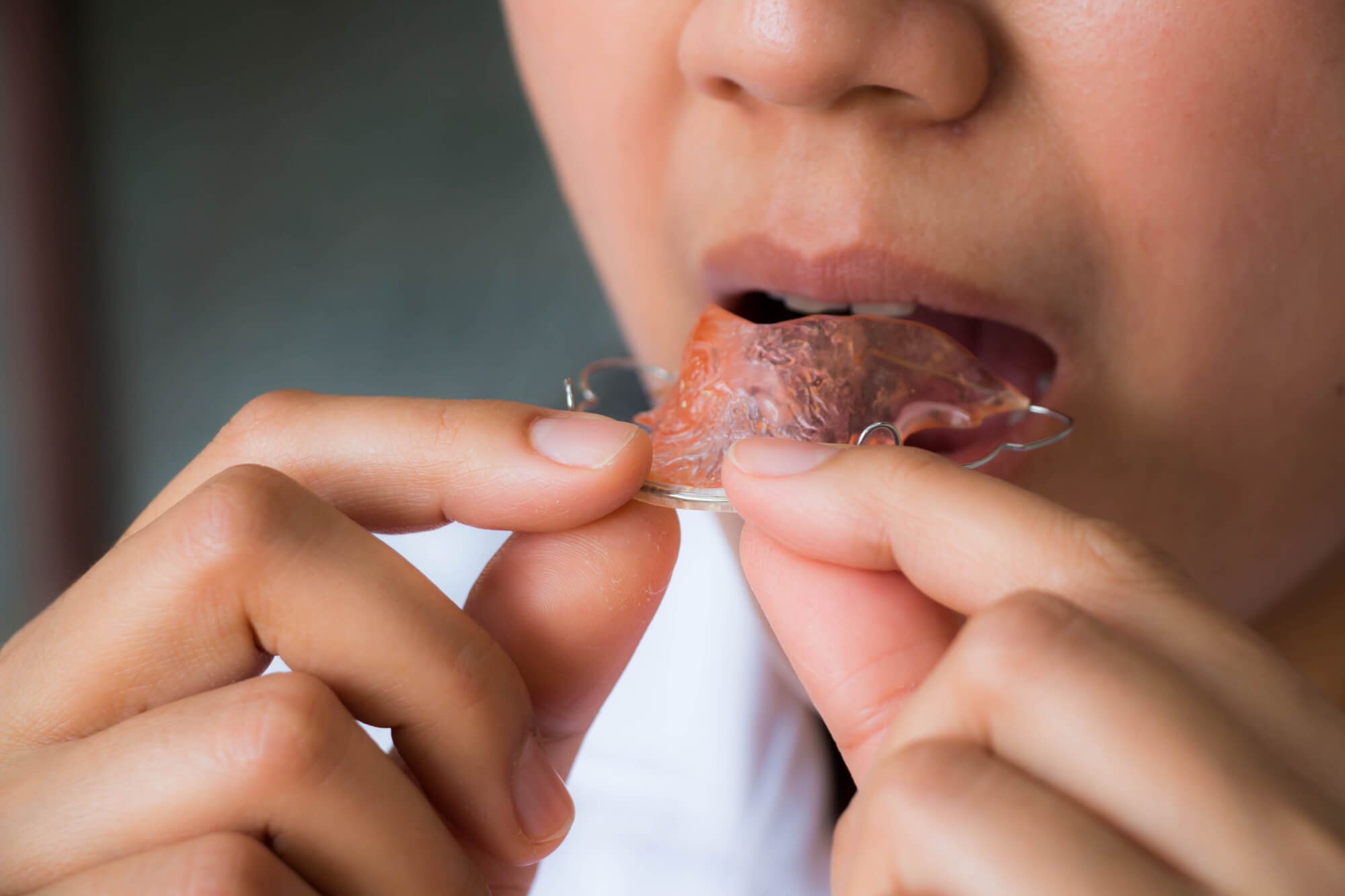Posted on December 26, 2024

Achieving a perfect smile with braces is just the first step—keeping that smile requires consistently wearing retainers. At Smilebliss, we emphasize the important role retainers play in maintaining your teeth’s alignment after braces.
Neglecting retainers can cause teeth to shift and lead to other complications. Understanding these risks will help you follow your orthodontist’s recommendations and protect the long-term health and appearance of your smile.
Ready to maintain your smile? Contact Smilebliss today for personalized advice on keeping your retainers working effectively for you.
Once your braces come off, wearing your retainer becomes important for keeping your teeth straight. Retainers prevent teeth from shifting, which can cause bite problems and make cleaning harder. This, in turn, can increase the risk of cavities and gum disease.
Your orthodontist will explain how long and how often to wear your retainer to prevent these issues. Skipping your retainer can undo the work braces have done, so it’s important to follow the instructions to maintain your smile and keep your teeth healthy.
ta After braces are removed, your teeth can naturally try to shift back to their original position. Retainers help stabilize your teeth, especially in the first few months after treatment.
After braces are removed, your teeth can naturally try to shift back to their original position. Retainers help stabilize your teeth, especially in the first few months after treatment.
Without them, your teeth may start to move again, especially as you age. Following your orthodontist’s advice on wearing your retainers prevents this from happening and helps maintain the alignment you worked hard to achieve.
Skipping your retainer doesn’t just affect teeth alignment—it can also contribute to gum issues. Keeping your teeth straight with retainers helps reduce the risk of cavities and gum disease, which can lead to more serious oral health problems down the road.
After orthodontic treatment, the bone around your teeth needs time to solidify and strengthen in its new position. Retainers help hold the teeth in place while this happens.
Not wearing your retainer can result in tooth movement and related problems. Wearing your retainer as recommended helps keep your smile in place while the bone adjusts.
Failing to wear your retainer can affect more than just your teeth—it can also impact your confidence. Watching your teeth shift after months or years of orthodontic treatment can feel like wasted effort, money, and time.
Wearing your retainer as instructed helps keep your confidence high by preserving the results of your treatment.
If you don’t wear retainers after braces, your teeth may shift back, undoing the hard work and financial investment you’ve made. This can also make it more difficult to clean your teeth properly, increasing your risk of oral health issues.
Potential Long-Term Effects:
 Wearing your retainer as instructed is key to maintaining your smile and avoiding setbacks. Regular checkups with your orthodontist help ensure that your retainer fits well and stays in good condition, which can motivate you to stick to your retainer schedule.
Wearing your retainer as instructed is key to maintaining your smile and avoiding setbacks. Regular checkups with your orthodontist help ensure that your retainer fits well and stays in good condition, which can motivate you to stick to your retainer schedule.
Tips for Maintaining Consistent Retainer Use:
While wearing retainers may feel uncomfortable at first, this typically improves as your mouth adapts. Cleaning your retainer regularly helps prevent bacteria and plaque buildup, ensuring your mouth stays healthy.
If you stop wearing your retainer for a while and then start again, it may feel tight or cause discomfort because your teeth have shifted slightly. This discomfort is a sign that your teeth are moving back to their proper positions.
To ease the discomfort, start wearing your retainer again for short periods and gradually increase wear time. If discomfort persists, consult your orthodontist, who can adjust or replace your retainer.
Losing or breaking your retainer can set back your orthodontic progress, as teeth may shift in the absence of the retainer. Always store your retainer in its case when you’re not wearing it. If your retainer is lost or damaged, contact your orthodontist for a replacement to avoid any long-term effects on your teeth alignment.
To keep your retainer clean, brush it daily with a soft toothbrush and gentle cleaner. Failing to clean it properly can lead to bad breath, gum disease, or tooth decay.
Soak your retainer in a cleaning solution regularly, but avoid using hot water as it can warp the retainer. Proper hygiene keeps both your retainer and your teeth in good condition.
Regular orthodontic check-ups and consistent retainer use are important for maintaining your teeth’s alignment and overall oral health. These check-ups help track your progress and ensure that any necessary adjustments are made to keep your smile in its best shape.
By making retainer care part of your daily routine, you’re taking an important step toward preserving a bright, healthy smile for years to come. At Smilebliss, we’re here to support your journey to long-lasting dental health.
Ready to protect your smile? Contact Smilebliss today and schedule your check-up!